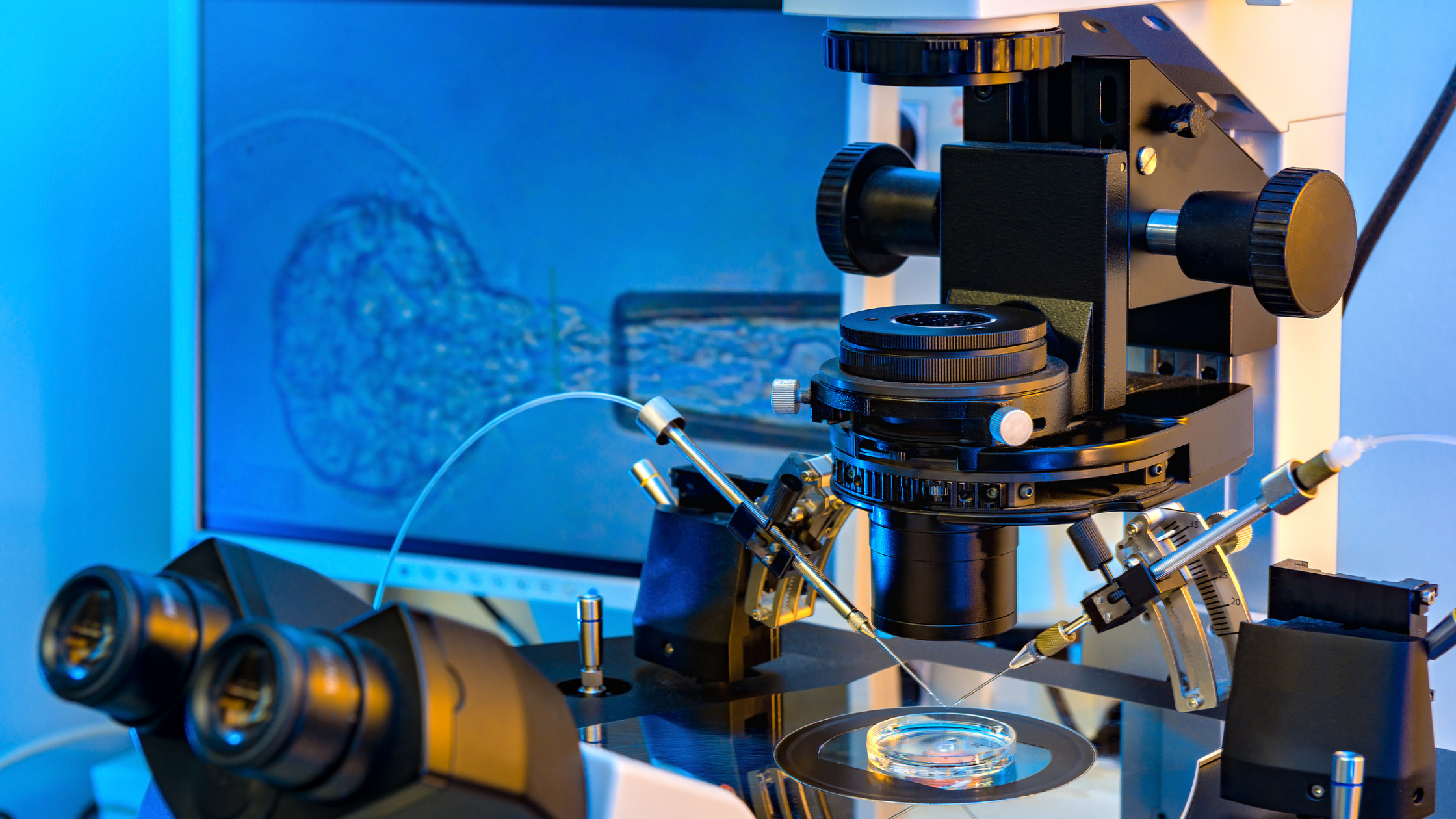How Do Embryologists Pick the Best Embryos?
As an in vitro fertilization (IVF) patient, you may find yourself wondering about the process behind embryo selection. Understanding what Embryologists look for in choosing the best embryos can provide valuable insight into the journey you're undertaking. If you’ve ever wondered about the science behind IVF and what takes place in the embryology lab, read more below.
How Do Embryologists Pick the Best Embryos?
Embryo selection plays an important role in the success of IVF, as it determines which embryos are most likely to result in a successful pregnancy. In this article, we chat with Victoria Wigley, an Embryologist about the criteria and factors that embryologists consider when selecting embryos during the IVF process, offering clarity and understanding to patients navigating this crucial stage of fertility treatment.
“When the Embryologist is assessing the embryos, they look at several factors to determine which embryos are the best.” Victoria of All about Embryology explains.
“The timings of cell division in the first few days of development are a good starting point in evaluating the embryo.
The embryo’s cell divisions should be controlled by strict checkpoints within the cell. Any embryo that is dividing too slowly or too quickly may have an abnormal checkpoint function, which could in turn be detrimental to the embryo’s subsequent development. The level of fragmentation caused by each cell division is also key. A high level of fragmentation between the cells is an indicator of poor prognosis. The evenness of cell sizes is also considered at this stage.”
Cleavage-Stage to Blastocyst
Victoria explains that, “As the embryos progresses further, one of the most important things an Embryologist will look for is whether the embryo has made the transition from cleavage-stage to blastocyst. Only 50% of embryos will make this transition and therefore it is a very important factor when selecting embryos for transfer. The timings of blastulation are also important to consider as earlier blastulation often results in a better developmental potential of the embryo.”
Medical Disclaimer:
The information provided in this blog is intended for general informational purposes only and should not be considered as a substitute for professional medical advice, diagnosis, or treatment. Always seek the advice of your healthcare provider or qualified medical professional with any questions you may have regarding a medical condition. Never disregard professional medical advice or delay in seeking it because of something you have read in this blog.


